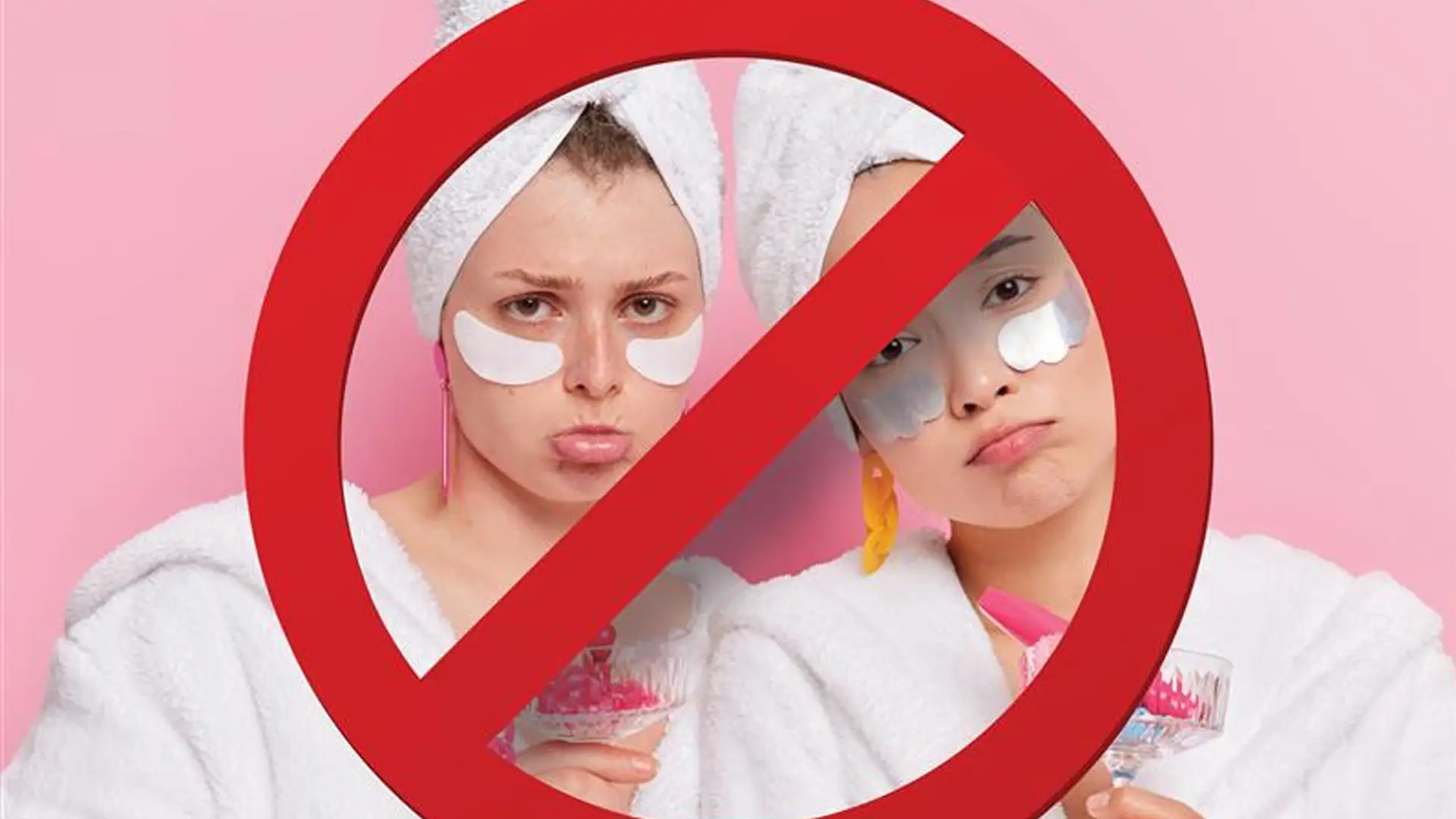By: Dra. Michele Dewar
You probably are aware of the TikTok trends of teenagers and even younger girls buying expensive and unnecessary skincare products at SEPHORA.
What is all the hype? Why are dermatologists and medical doctors in general worried about the use of Retinol (and other powerful ingredients) in young girls skin?
Retinol is a derivative of vitamin A and is often used in skincare products for its potential benefits in promoting skin health, reducing signs of aging, and treating acne. While retinol can be effective for certain skin concerns, its use can be damaging for a teen girl if not used properly. Here are some considerations:
Skin Sensitivity: Teenagers generally have more sensitive skin than adults, and the use of retinol can sometimes lead to irritation, redness, and peeling. It’s important to start with a lower concentration and gradually increase if needed.
Over-drying: Retinol can be drying to the skin, and excessive dryness can lead to flakiness and discomfort. Teenagers may already be dealing with hormonal changes that affect their skin, and adding a drying product can exacerbate these issues.
Sun Sensitivity: Retinol increases sensitivity to sunlight. Teenagers are often involved in outdoor activities, and failure to use adequate sun protection can lead to sunburn and long-term damage.
Acne Flare-ups: While retinol can help treat acne, it may initially cause a temporary flare-up as it brings impurities to the surface. Teenagers with acne-prone skin may experience an increase in pimples before seeing improvement.
Not Suitable for Everyone: Not everyone needs or can tolerate retinol. Individuals with certain skin conditions, allergies, or sensitivities may experience adverse reactions.
Age-Appropriate Skin Care: Teenagers typically do not need the same level of anti-aging products as adults. It’s important to focus on age-appropriate skincare that addresses specific concerns, such as acne or oiliness, rather than using products designed for mature skin.
Having said that, what is a good skincare routine for teenagers?
A good skincare routine for teenagers should be simple, consistent, and tailored to address common concerns such as acne and oiliness. Here’s a basic skincare routine suitable for teenagers:
Cleanser:
Use a gentle, fragrance-free cleanser twice a day (morning and night) to remove dirt, oil, and impurities. Look for a cleanser suitable for your skin type, whether it’s oily, dry, or combination.
Moisturizer:
Apply a lightweight, non-comedogenic moisturizer after cleansing. Even if you have oily skin, moisturizing is important to keep your skin hydrated. Look for a product that won’t clog pores.
Sunscreen:
Use a broad-spectrum SPF 30 or higher sunscreen every morning, even on cloudy days. This step is crucial to protect the skin from harmful UV rays and prevent sun damage. Make sure to reapply if you’re spending extended periods outdoors.
Spot Treatment (if needed):
If you have acne, consider using a spot treatment containing ingredients like benzoyl peroxide or salicylic acid. Apply it directly to blemishes after applying moisturizer. Use it only on affected areas and not as a full-face treatment.
Avoid Harsh Products:
Steer clear of harsh, abrasive scrubs or products with high concentrations of active ingredients like retinol unless recommended by a dermatologist. These can be too harsh for teenage skin.
Keep it Simple:
Resist the temptation to use too many products. A simple routine is often more effective and easier to maintain. Introduce new products gradually to observe how your skin reacts.
Hydrate and Eat Well:
Don’t forget the importance of hydration from within. Drink plenty of water, and maintain a balanced diet rich in fruits, vegetables, and whole foods for overall skin health.
Hands Off:
Avoid picking at pimples or touching your face excessively, as this can transfer bacteria and irritate the skin.
Remember that everyone’s skin is unique, and what works for one person may not work for another. If you have specific concerns or persistent skin issues, it’s advisable to consult with a dermatologist who can provide personalized recommendations based on your skin type and needs. Additionally, if you wear makeup, be sure to remove it thoroughly before following your skincare routine in the evening.




















